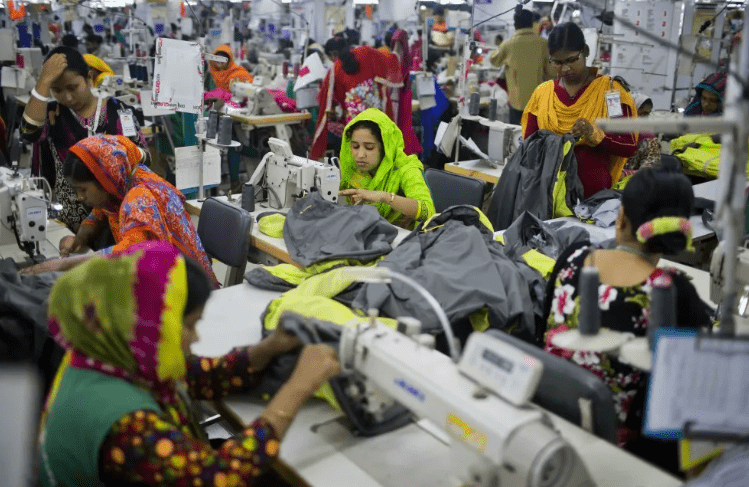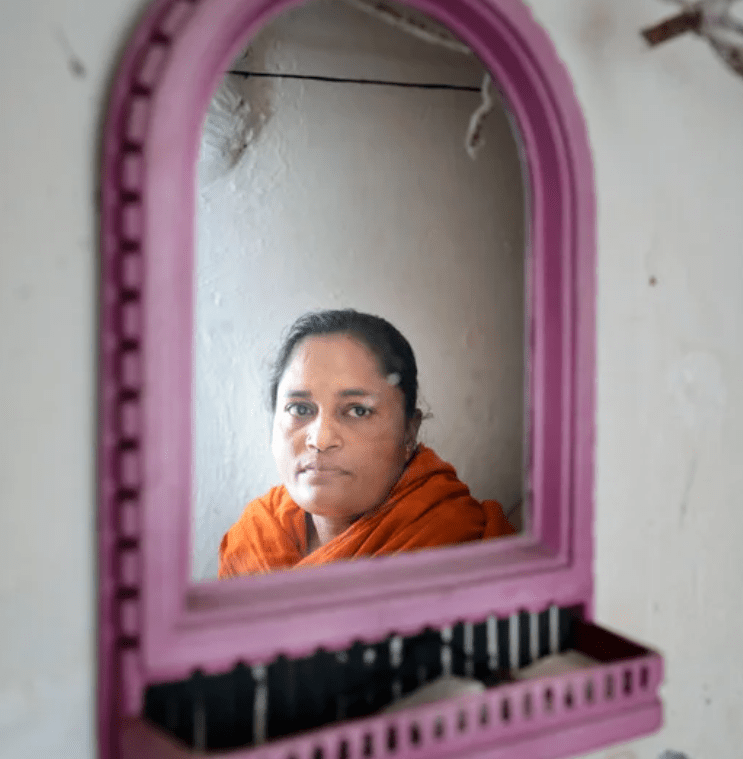Oxfam Australia has taken aim at major fashion brands, including Zara, Uniqlo, Jeans West, and Best & Less, for their lack of transparency in addressing the treatment and pay of overseas garment workers.
With the fast fashion industry set to record a staggering $2 billion in expected profits, the human rights organisation on Thursday revealed a growing concern among Australian shoppers when it comes to the living wages of workers in the supply chains of popular brands, particularly those in countries like Bangladesh where most clothes are made.
Oxfam’s latest poll indicates a significant shift in consumer sentiment, with over 80% of Australian clothing buyers demanding increased transparency regarding the treatment and wages of garment workers. Astonishingly, 71% of respondents believe that clothing brands intentionally or unintentionally exaggerate or mislead consumers about the conditions of overseas workers in their supply chains.

The heart of the issue lies in the disparity between consumer expectations and reality. On average, Australians believe that 17% of the cost of a typical clothing item should contribute to the wages of the garment worker. However, previous research by Oxfam has exposed that, on average, a mere 4% is allocated to these essential contributors to the fashion industry.
One Bangladeshi woman Sabina described the horror of working up to eleven-hour days in an abusive work environment.
She earns $210 AUD a month with overtime, despite the current living wage for Dhaka, where Sabina lives, being about $350 AUD.
“Due to the target filling pressure, sometimes I can eat and sometimes I cannot,” Sabina said. “It’s hard to drink water and use the toilet. Yes, they abuse [me], but if I meet the target, then they don’t abuse. It happens to everyone.”

It comes after Oxfam Australia’s economic justice lead Nayeem Emran met with garment workers in Bangladesh ahead of the 10th anniversary of the Rana Plaza tragedy in April.
He said the workers find themselves in a constant struggle for survival, with their primary focus on job security, exacerbated by the fact that wages have remained stagnant for the past five years.
Urgent industry reforms are necessary, Emran emphasised, to avert a recurrence of the tragic 2013 incident in Dhaka, Bangladesh. The catastrophic event claimed over 1000 lives and left at least 2500 injured, marking it as the deadliest disaster in the history of garment factories.
Reports indicate that administrative failures were the root cause of the collapse of the eight-story garment factory building.
In response to these alarming findings, Oxfam unveiled a Christmas Wish List, evaluating brands against key markers that signify their commitment to paying a living wage.
A living wage, as defined by Oxfam, ensures that workers earn enough to cover basic essentials for themselves and their families, encompassing nutritious food, housing, healthcare, clothing, transportation, energy, water, childcare, education, as well as discretionary income and provisions for unforeseen events.
Oxfam Australia Chief Executive Lyn Morgain stressed the urgent need for enhanced transparency, citing that divulging up-to-date information about production locations empowers consumers, workers, and unions to hold companies accountable.
“Garment workers are currently struggling to afford basic necessities like food, power and housing for themselves and families, which has been further exacerbated by the cost-of-living crisis,” Morgain said. “We stand in solidarity with the Bangladesh ready-made garment workers and trade unions’ recent demand for a minimum wage that meets their basic needs.”
Notably, Just Group, Modibodi, and Zara have chosen to keep the locations of their factories undisclosed, contrasting with global counterparts like H&M and Kmart, who have embraced transparency practices.
Among Oxfam’s demands is the inclusion of wages as an itemised part of price negotiations, seen as a pivotal step in addressing aggressive negotiations and moving towards the payment of a living wage. Disappointingly, Best & Less, Uniqlo, and Jeans West have yet to adopt this practice, with Jeans West lagging behind as the only brand without a credible commitment to paying a living wage.
Morgain affirmed that Oxfam’s polling reflects consumers’ serious concerns about ethical considerations influencing their purchasing decisions. She emphasised, “Taking action now is not only in the interest of workers but in the interest of these companies’ bottom lines.”

